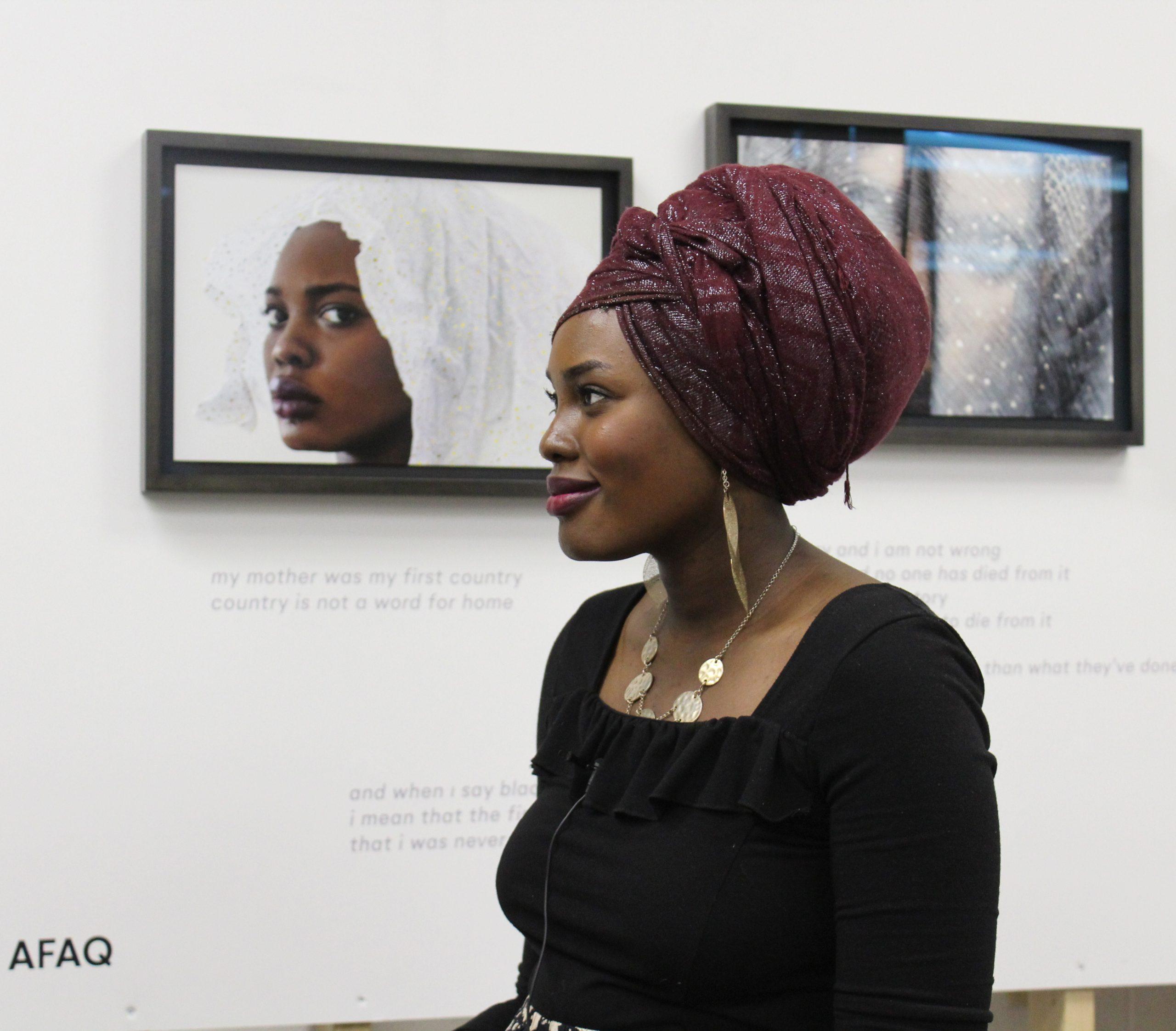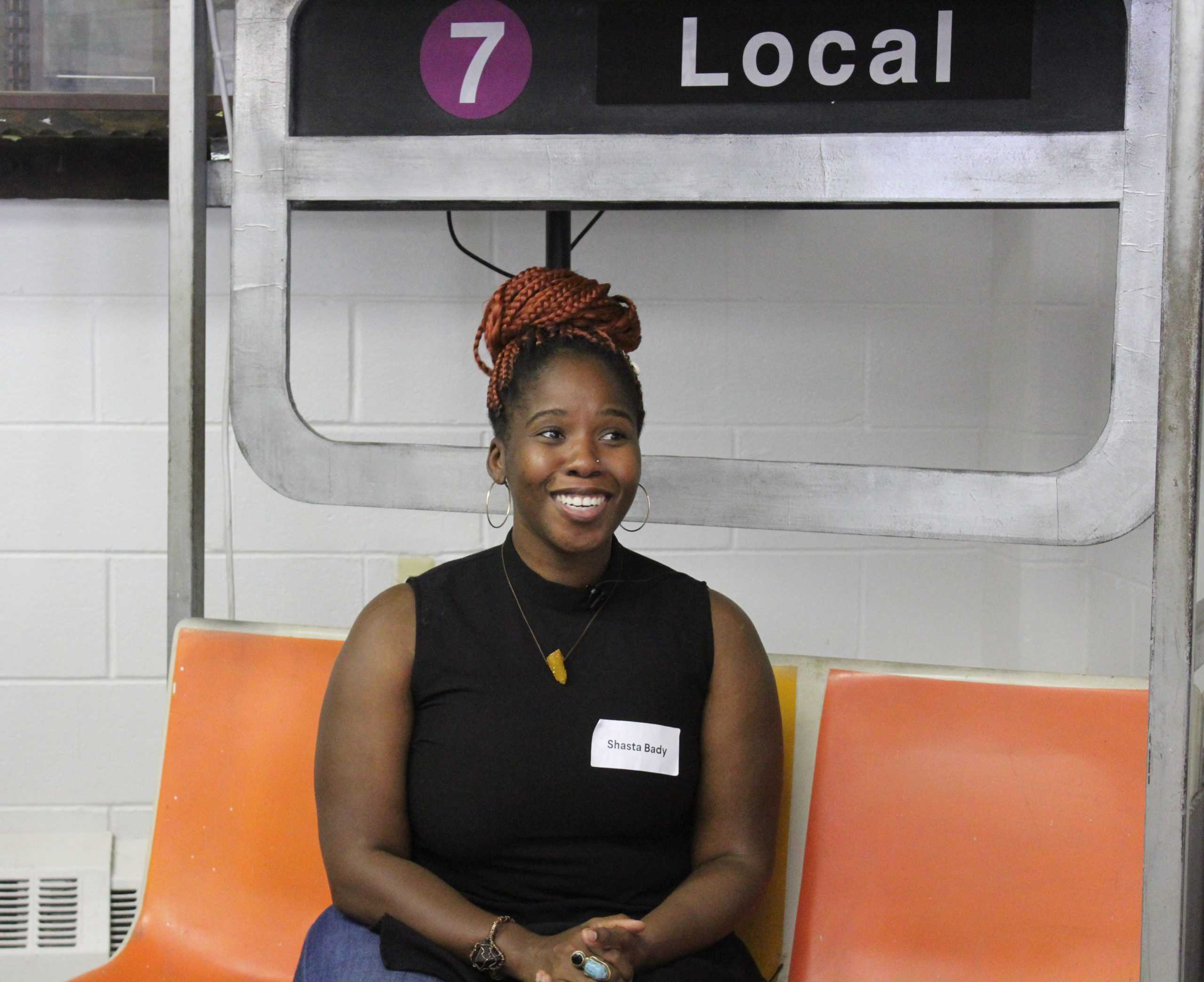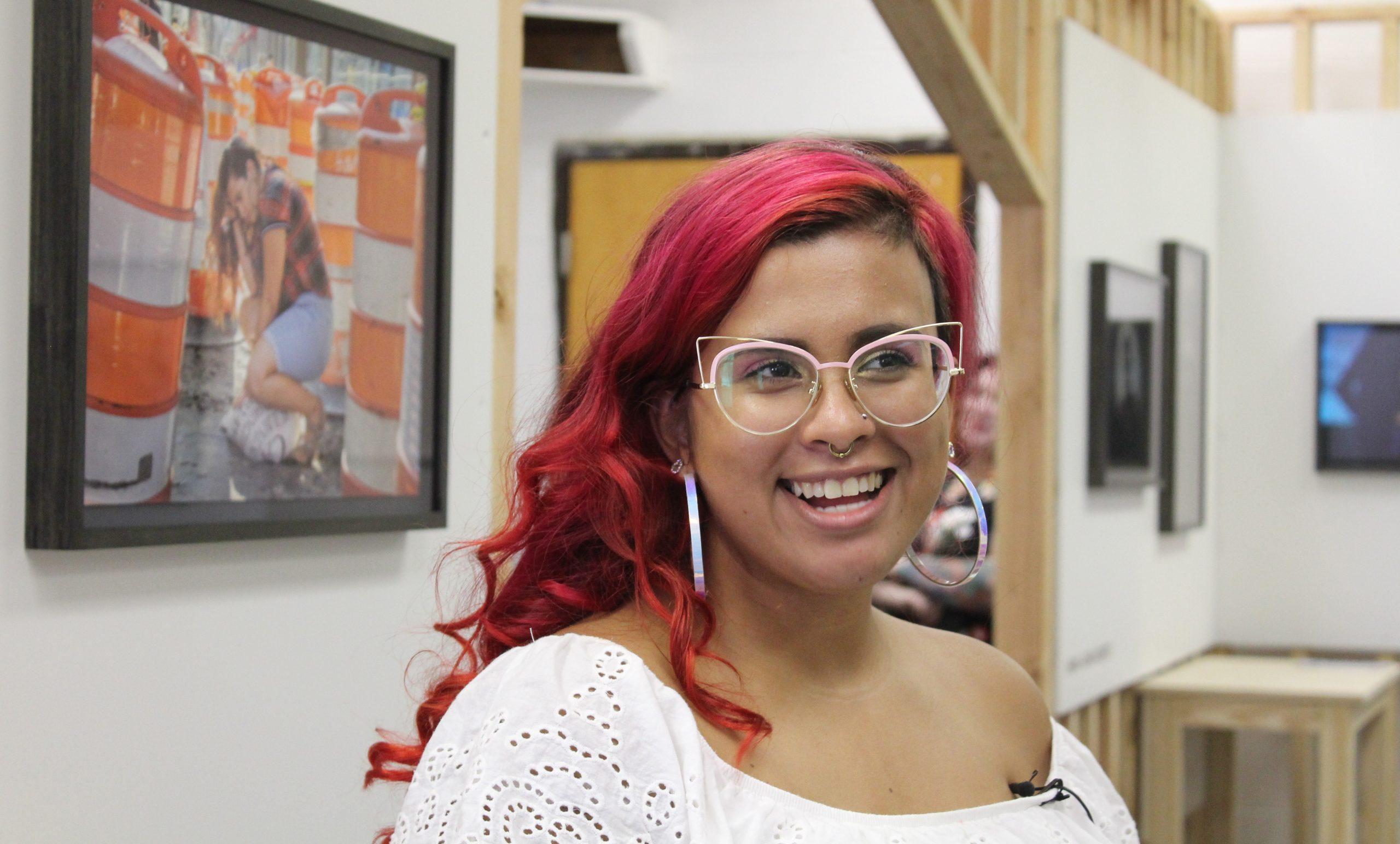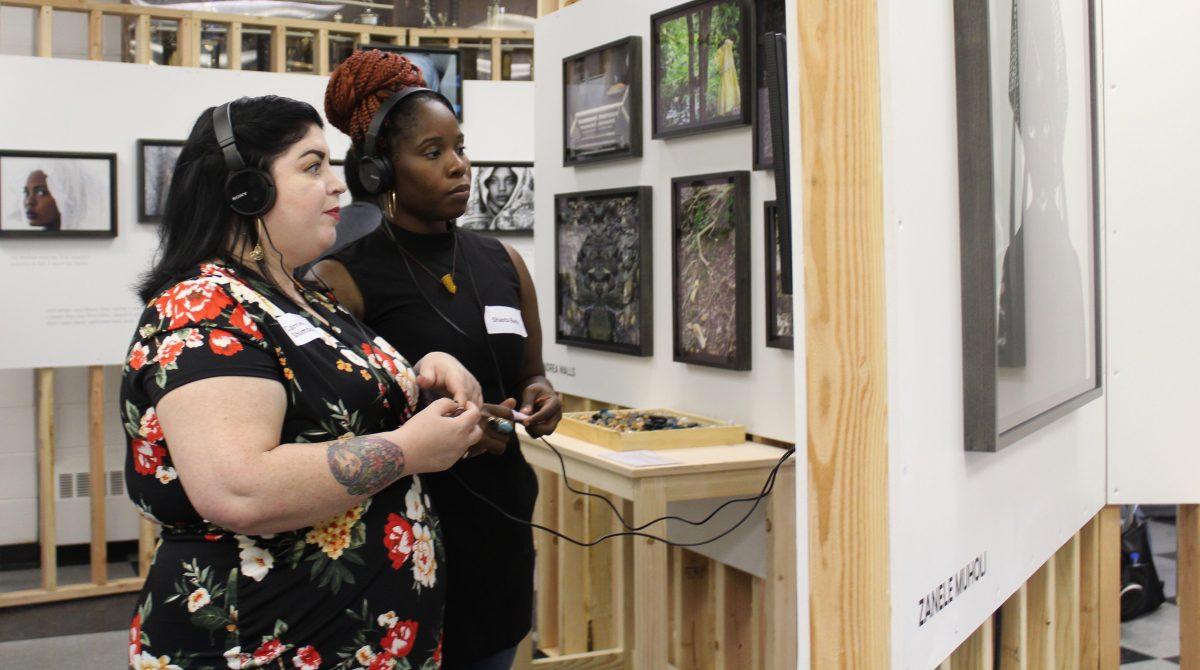Women’s Mobile Museum showcases women in art
“Who is art for?”
That is the question that 10 women from the Philadelphia area attempted to answer in a year-long apprenticeship and artist residency program hosted by the Philadelphia Photo Arts Center (PPAC) in partnership with South African photographer and visual activist Zanele Muholi.
The program, called the Women’s Mobile Museum, provided the artists with training in photography, funding, access to previously unavailable tools and resources, exhibition opportunities and formal training. An exhibit featuring images by the 10 women and Muholi opened at the Juniata Park Boys & Girls Club on Sept. 22.

“I thought to myself that it was important to open up the space and involve women who are interested in creating art, especially photography,” Muholi said of her decision to help create the residency.
The Women’s Mobile Museum exhibit includes both self-portraits and and candid photography, many of them by women of color who used their cameras to create their own narratives.
“We use the camera as a tool or as a weapon to fight back and also to talk back,” Muholi said. “We come from homes or spaces where we have been disrespected, not been given spaces to be recognized fully as human beings with rights.”
Shasta Bady, one of the participants in the program, made images about the SEPTA public transportation system, its architectural spaces and portraits of passengers.

“My experience has been phenomenal,” Bady said. “Since the beginning of the program, I have been learning so much video, sound, photographs and then team building. It’s been a really great experience thinking about one specific thing and then growing holistically through the whole process.”
An important aspect of the Women’s Mobile Museum is encouraging the women to open their world through the lens of a camera, Muholi said.
“I am encouraging people to document themselves, to document their surroundings, to produce a new archive that speaks to them and share their experiences with larger audiences who may not know what it means to be a women of color in Philadelphia, what it means to be a black woman in this country,” Muholi said.
That exploration of identity aligns with the mission of the PPAC, a nonprofit organization that fosters the study, practice and appreciation of photography in an inclusive community.
Danielle Morris, another program participant, explores in her photography black memory and the components that have shaped her childhood.

“I think of inheritance not only as physical items or physical things, but anything that anybody tries to pass onto you,” Morris said. “That love and those memories going back to my ancestors that were dumped overboard. It is really heavy, and I have a hard time talking about it, so I take pictures of it. Because, it’s easier than saying it.”
For Muffy Ashley Torres, the year-long experience as an artist in the Women’s Mobile Museum was transformative.
Torres focused her work on the topics of love, loss and displacement she and her family have experienced. A new housing development on Torres’ block toppled onto Torres’ family home, destroying it.

Torres’ images feature self-portraits shot inside that home.
“Thankfully I have my camera, and thankfully I have resources,” Torres said. “I have the women in our amazing program who have helped me.”
Bady said that over the course of the project, the women all formed connections with each other.
As different as the women were, Bady noted, each found the ability to join together, giving each other constructive criticism or feedback throughout their artistic journey.
“I don’t think organically we felt the need to protect each other and be there for each other and support each other because we were on the journey together,” Bady said.
The Women’s Mobile Museum exhibit will remain at the Juniata Park Boys & Girls Club, 1001 E. Cayuga St, until Oct. 13. It will be at Dixon House, 1920 S. 20th St., from Oct. 27 to Nov. 17.














































